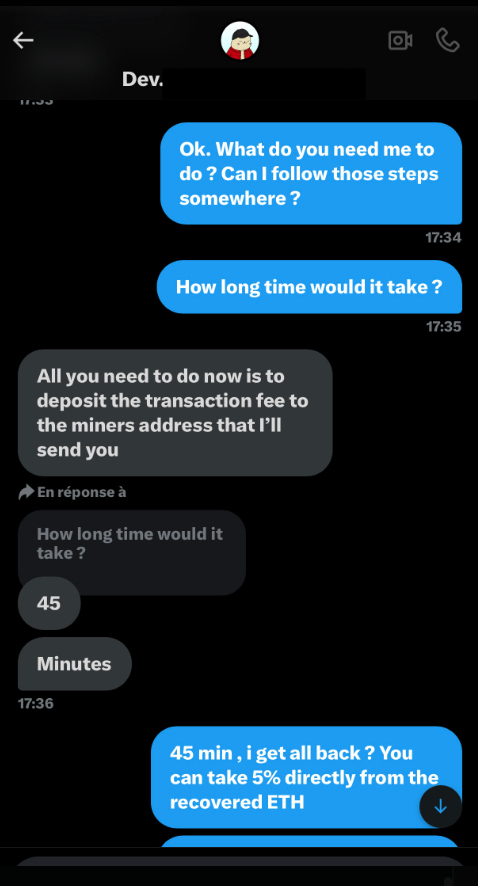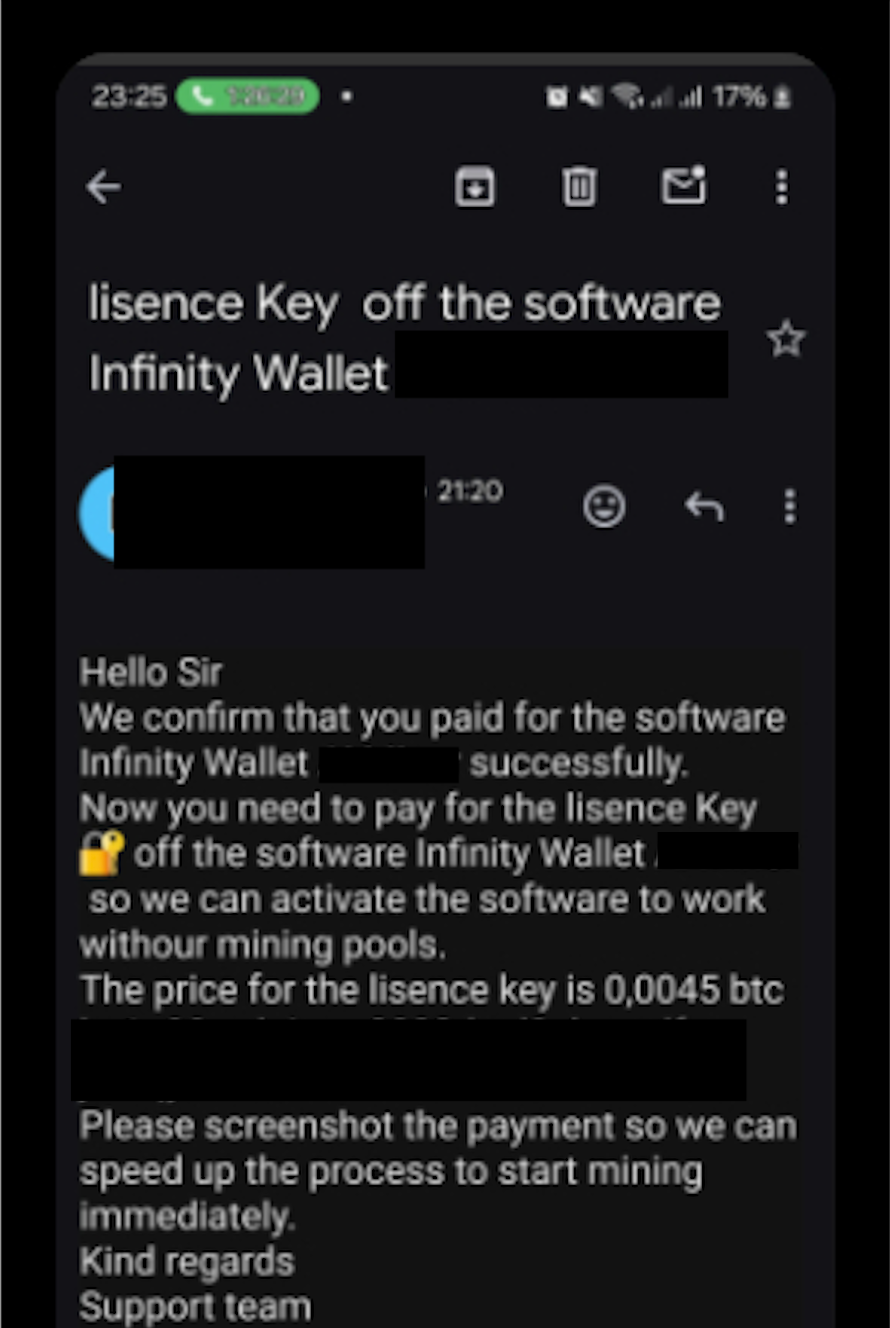How to Avoid and Report Fake Service Scams
Main Takeaways
Scammers can create fake websites or social media profiles that mimic legitimate crypto exchanges, wallets, or investment platforms, offering non-existent or fraudulent products and services to deceive users.
Fake customer support channels where scammers pose as representatives of legitimate companies can trick users into paying for the solving of non-existent issues. Broadly speaking, these diverse schemes fall under the category of fake service scams.
Since the losses of digital assets are usually irreversible, Binance encourages users to stay informed and vigilant to protect themselves.
Scammers in the crypto space are always looking to exploit some users’ lack of awareness and vigilance. The irreversible nature of blockchain transactions makes falling victim to such scams especially painful, making continuous education on evolving threats a necessity for every crypto user.
Fake service scams that are the focus of today’s blog can come in a variety of forms, from counterfeit hardware and software to fraudulent services like shipping, fund recovery, customer support (such as upgrading a crypto exchange account to VIP level), or promising to solve non-existent account issues. All of these tactics aim to facilitate stealing funds from unsuspecting victims. Here’s what you should know to successfully identify and avoid fake service scams.
Mechanics of Fake Service Scams
At the core of every fake service scam is a counterfeit product or a fraudulent service offering that is designed to attract potential victims with a promise to deliver value to them, making users want to engage with the scammer. This may range from providing account verification on social platforms or games to posing as customer support agents to lure users into paying for the resolution of non-existent issues.
Building Credibility
Scammers may design professional-looking websites or use social media to build a credible online presence. They may use similar branding, logos, and even email addresses as the organizations they are aiming to imitate to seem authentic.
Offering Attractive Deals
Scammers might pretend to be offering potentially useful services such as fund recovery, provide products at significantly lower prices than market rate, or promise high returns on investments.
Collecting Payments And Disappearing
After victims pay up for a product or service, scammers will vanish into thin air. They may go offline, shut down their operations, and disable all previously used forms of contact, making it impossible for victims to get a hold of them to try to recover their funds.
Real-Life Examples
The “Licensed” Fraud Expert
Mark saw an advertisement on social media claiming a licensed fraud expert and blockchain developer could recover stolen cryptocurrency. Without hesitation, Mark, who had lost a substantial sum to a crypto scam a few weeks earlier, contacted the expert and explained that he was seeking help with recovering his digital assets. The “expert” asked for a fee – allegedly, for the fund recovery transaction – to be paid upfront, which Mark transferred. However, the “expert” stopped replying after that, leaving Mark with no way to recover his funds.

This example shows the danger of engaging with self-proclaimed fund recovery facilitators, especially if they ask for payment upfront.
Purchasing AI Crypto Mining Software
Dennis saw a tweet advertising an AI-powered crypto-mining software product that promised high returns. Intrigued, he contacted the seller, who asked him to pay for activating the software. The scammer then asked for more money to activate the license key. Dennis realized it was a scam, but by then he had already lost some of his funds.
This example highlights the need to be extra cautious when purchasing services or products from unfamiliar websites, especially when the offers promise unusually high returns.
How to Avoid Fake Service Scams
Be Wary of Unsolicited Offers
Exercise extra caution with cold calls, emails, and social media messages offering services that sound too good to be true.
Verify Contact Information
Always check the contact details of sellers whose products and services you are considering to purchase, such as the emails or social media groups. Look for subtle differences in spelling that scammers use to impersonate well-known companies.
Educate Yourself
Stay informed about common scams and how they operate. Knowledge and awareness are your best defense against fraud.
If You’ve Been Scammed
If you find yourself a victim of a fake services scam, you should report the incident immediately to relevant local authorities and the platform or messaging tool on which the scam has occurred. Provide details such as the scammer’s profile name and any other information that may help prevent others from being scammed. To better protect yourself, read our anti-scam blog series.


